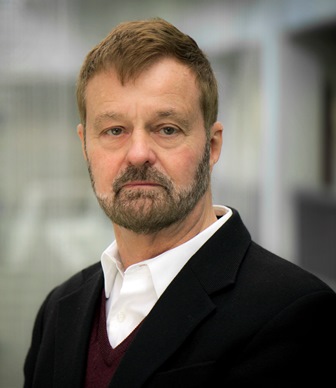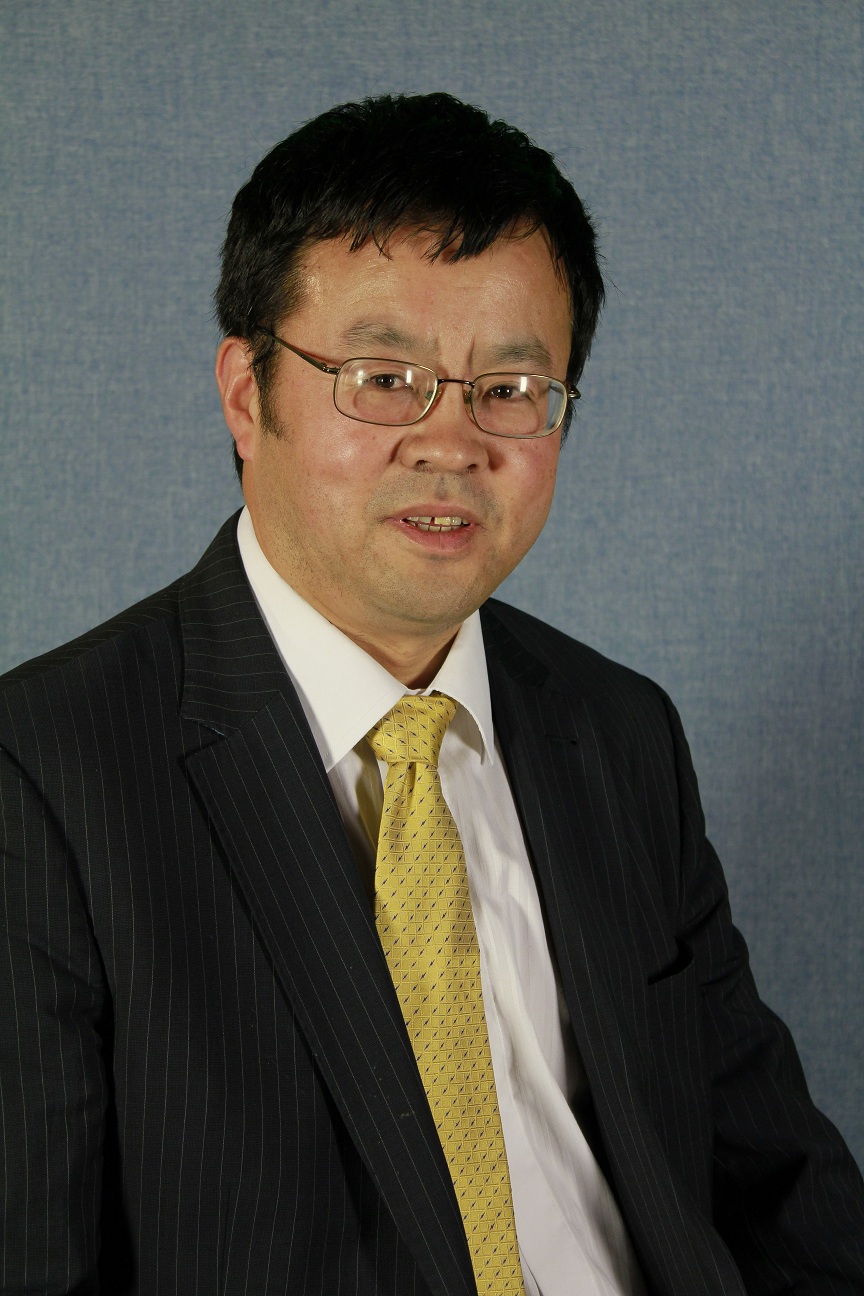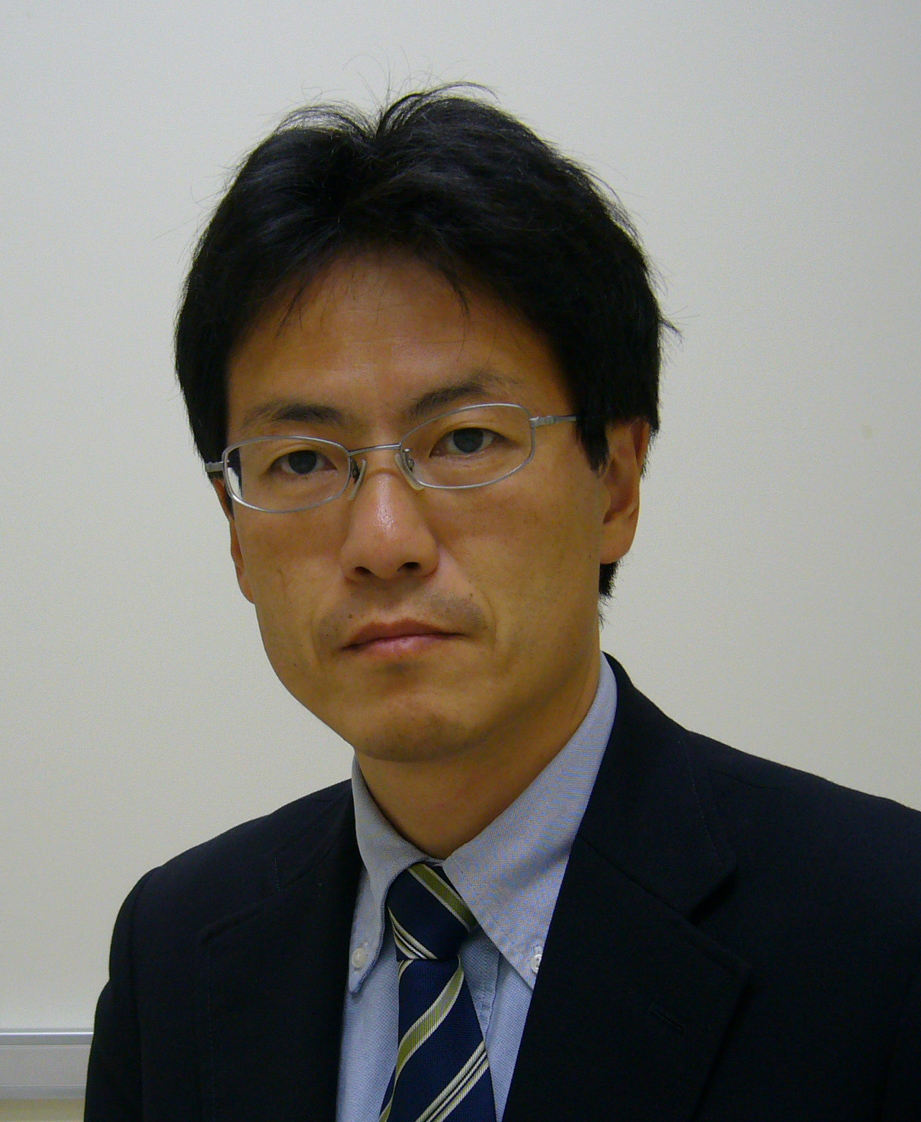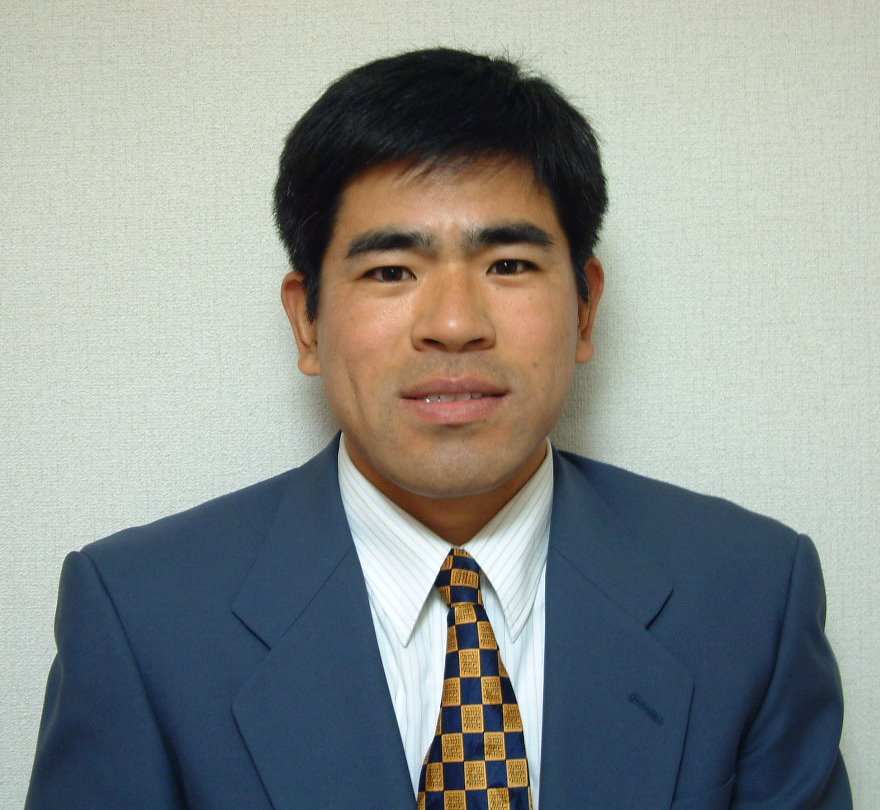2014 International Conference on Advanced Mechatronic Systems
Tokai University, Kumamoto Campus, Japan, August 10-12, 2014
Sponsored by the International Journal of Advanced Mechatronic Systems
Tokyo University of Agriculture and Technology
IEEE Systems, Man, and Cybernetics Society
International Journal of Modelling, Identification and Control
The Institute of Complex Medical Engineering
Plenary Speakers
- Prof. Frank L. Lewis, P.E., Fellow of IEEE, The University of Texas at Arlington, USA
- Prof. Hongnian Yu, Bournemouth University, UK
- Prof. Koichi Osuka, Osaka University, Japan
- Prof. Xinkai Chen, Shibaura Institute of Technology, Japan
Prof. Frank L. Lewis, P.E., Fellow of IEEE, The University of Texas at Arlington, USA

Title:
Cooperative Control for Multi-Agent Systems in Microgrid Distributed Generation
Abstract:
With aging power distribution systems and new opportunities for renewable energy generation, the smart grid and microgrid are becoming increasingly important. Microgrid allows the addition of local loads and local distributed generation (DG) including wind power, solar, hydroelectric, fuel cells, and micro-turbines. Microgrid holds out the hope of scalable growth in power distribution systems by distributed coordination of local loads and local DG so as not to overload existing power grid generation and transmission capabilities. Sample microgrids are smart buildings, isolated rural systems, and offshore drilling systems. Microgrid takes power from the main power grid when needed, and is able to provide power back to the main power system when there is local generation excess.
When connected to the main distribution grid, microgrid receives a frequency reference from grid synchronous generators. Standard operating procedures call for disconnecting microgrid from the main power grid when disturbances occur. On disconnection, or in islanded mode, the absence of rotating synchronous generation leads to a loss of frequency references. After islanding, it is necessary to return Microgrid DG frequencies to synchronization, provide voltage support, and ensure power quality.
In this talk we develop a new method of synchronization for cooperative systems linked by a communication graph topology that is based on a novel distributed feedback linearization technique. This cooperative feedback linearization approach allows for different dynamics of agents such as occur in the DGs of a microgrid. It is shown the new cooperative protocol design method allows for frequency synchronization, voltage synchronization, and distributed power balancing in a microgrid after a grid disconnection islanding event. The distributed nature of the cooperative feedback linearization method is shown to lead to sparse communication topologies that are more suited to microgrid control, more reliable, and more economical than standard centralized secondary power control methods.
Brief Biography:
F.L. Lewis
Member: National Academy of Inventors. Fellow IEEE, Fellow IFAC, Fellow U.K. Institute of Measurement & Control, PE Texas, U.K. Chartered Engineer. UTA Distinguished Scholar Professor, UTA Distinguished Teaching Professor, and Moncrief-O’Donnell Chair at The University of Texas at Arlington Research Institute. IEEE Control Systems Society Distinguished Lecturer.
He obtained the Bachelor's Degree in Physics/EE and the MSEE at Rice University, the MS in Aeronautical Engineering from Univ. W. Florida, and the Ph.D. at Ga. Tech. He works in feedback control, reinforcement learning, intelligent systems, and distributed control systems. He is author of 6 U.S. patents, 273 journal papers, 375 conference papers, 15 books, 44 chapters, and 11 journal special issues. He received the Fulbright Research Award, NSF Research Initiation Grant, ASEE Terman Award, Int. Neural Network Soc. Gabor Award 2009, U.K. Inst Measurement & Control Honeywell Field Engineering Medal 2009. Received IEEE Computational Intelligence Society Neural Networks Pioneer Award 2012. Distinguished Foreign Scholar, Nanjing Univ. Science & Technology. Project 111 Professor at Northeastern University, China. Received Outstanding Service Award from Dallas IEEE Section, selected as Engineer of the Year by Ft. Worth IEEE Section. Listed in Ft. Worth Business Press Top 200 Leaders in Manufacturing. Received the 2010 IEEE Region 5 Outstanding Engineering Educator Award and the 2010 UTA Graduate Dean’s Excellence in Doctoral Mentoring Award. Elected to UTA Academy of Distinguished Teachers 2012. He served on the NAE Committee on Space Station in 1995. Founding Member of the Board of Governors of the Mediterranean Control Association. Helped win the IEEE Control Systems Society Best Chapter Award (as Founding Chairman of DFW Chapter), the National Sigma Xi Award for Outstanding Chapter (as President of UTA Chapter), and the US SBA Tibbets Award in 1996 (as Director of ARRI’s SBIR Program).
Prof. Hongnian Yu, Bournemouth University, UK

Title:
On design, modelling and control of rescue robots
Abstract:
Robots with real-time and remote network control capability by human operators are playing increasingly important roles in hazardous or challenging environments and areas where human lives may be exposed to greater risk such as conducting maintenance and repair in nuclear contaminated areas. Current robots are facing challenges not only in rescue and recovery operations such as the nuclear disaster in Japan in March 2011, but also interaction and cooperation with humans. The development of a remote controllable and autonomous mobile robot which can support humans to conduct rescue and recovery operations in the nuclear environment is an urgent and complex task. This talk will address the part of the above challenges. This talk will introduce the basic requirements to design and develop a hybrid mobile robot and report the recent progress conducted by the EU funded RABOT project (http://fusion-edu.eu/RABOT/).
Brief Biography:
Professor Hongnian Yu has held academic positions at the Universities of Sussex, Liverpool John Moor, Exeter, Bradford, Staffordshire and Bournemouth in the UK. He is currently Professor in Computing at Bournemouth University. He has extensive research experience in mobile computing, modelling, scheduling, planning, and simulations of large discrete event dynamic systems with applications to manufacturing systems, supply chains, transportation networks, computer networks and RFID applications, modelling and control of robots and mechatronics, and neural networks. He has graduated over 20 PhD/MPhil and MRes research students, is supervising 8 PhD students, and has examined over 20 PhD/MPhil students’ theses as both internal and external examiner. He has published over 200 journal and conference research papers. He has held several research grants worth about five million pounds from the UK EPSRC, the Royal Society, and the European, AWM, as well as from industry. He has managed several international large consortiums as a coordinator. Examples are 1) coordinator (PI) of an EPSRC funded £158K international network project on Human Adaptive Mechatronics which includes 7 Japanese partners and 7 UK partners; 2) coordinator of the EU funded 3.05 million Euro Erasmus Mundus FUSION project; 3) coordinator of the EU funded 310.8 K Euro Marie Curie project, etc. Prof Yu was awarded the F.C. William Premium for his paper on adaptive and robust control of robot manipulators by the IEE Council, and has received five best (student) conference paper awards with his research students. Prof Yu has strong research collaboration with partners from many countries, such as China, France, Germany, Hungary, India, Italy, Japan, Romania, Thailand and USA. He is serving on 3 editorial boards: International Journal of Computing and Automation, International Journal of Advanced Mechatronics and International Journal of Agile Systems and Management, and has served on numerous international conference organization committees, e.g. IPC co-chair of the UKACC, Cardiff, 3-5/09/2012; General Chair of the International Conference on SKIMA, China, 9-11/09/2012; General co-chair of the International Conference on Advanced Mechatronic Systems, China, 25-27/09/2013, etc.
Prof. Koichi Osuka, Osaka University, Japan

Title:
Structure of Intelligence --- Implicit Control and Explicit Control
Abstract:
In this talk, we introduce an idea that can solve the complexity of the overlapping situation observed in control system of living things. Firstly, we named an ordinary control law as Explicit Control Law. And we introduce another element which can be seen between controlled object and control law. This newly introduced element is named as Implicit Control Law and decided by interaction of the controlled object, the control law and the field. Furthermore, the Implicit Control Law does not only solve the indivisibility problem but also produces a start point for understanding of real-time environmental adaptation function of living thing with tiny brain. That is, this discussion implies that the Implicit Control Law can be a core principle of intelligence. And we say that Intelligence is consists with Implicit Control Law and Explicit Control Law.
Brief Biographical History:
Koichi Osuka Professor, Dept. of Mechanical Engineering, Osaka University
1984- Received M.A. degree from Osaka University
1984- Joined TOSHIBA Corp.
1986- Joined Osaka Prefecture University
1989- Received Ph.D.
1998- Joined Kyoto University
2003- Joined Kobe University
2008- Joined Osaka University
Main Works:
Control Theory and Application, Search and Rescue Robot System, Modeling and Control of Nonlinear Dynamical System,
Analysis of Passive Dynamic Walking, Control of Legged Robot, Development of Implicit and Explicit Control Theory
Membership in Learned Societies:
The Institute of Electrical and Electronics Engineers, Inc.(IEEE)
The Japan Society of Mechanical Engineers (JSME)
The Society of Instrument and Control Engineers (SICE)
The Robotics Society of Japan (RSJ)
Prof. Xinkai Chen, Shibaura Institute of Technology, Japan

Title:
Advanced control for smart material-based actuators and its applications
Abstract:
Recently, smart material-based actuators have received much attention due to their excellent characterisitics. For example, piezo actuators and magnetostrictive actuators can be applied to ultra-high precision positioning to meet the requirement of nanometer resolution in displacement, high stiffness and rapid response; shape memory alloys can be applied to robotics, cameras and active vibration control, to meet the requirement of low energy consumption, long lifetime, etc; ionic polymer metal composite (lPMC) actuators are expected to be used as artificial muscles to meet the requirement of low energy consumption, noiselessness, flexibility, lightness. However, the hysteresis phenomenon between the input and output exists in all the smart material-based actuators and sensors. When the hysteresis nonlinearity exists in the control systems, the system usually exhibits undesirable inaccuracies or oscillations and even instability. In this talk, the advanced robust control for smart material-based actuators and its applications are introduced based on the speaker's recent results.
Brief Biography:
Xinkai Chen received his Ph.D. degree in engineering from Nagoya University, Japan, in 1999. He is currently a professor in the Department of Electronic and Information Systems, Shibaura Institute of Technology, Japan. His research interests include adaptive control, smart materials, hysteresis, sliding mode control, machine vision, observer. Dr. Chen is serving on the editorial boards of several journals, including IEEE Transactions on Automatic Control, International Journal of Advanced Mechatronic Systems, etc. He has also severed as an organizing committee members for many international conferences.